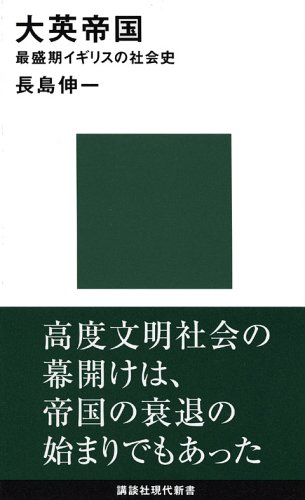1 0 0 0 IR 自由大学運動の歴史的意義とその限界
- 著者
- 長島 伸一
- 出版者
- 法政大学経済学部学会
- 雑誌
- 経済志林 (ISSN:00229741)
- 巻号頁・発行日
- vol.74, no.1, pp.169-201, 2006-08
Jiyudaigaku-undo (Free Universities Movement) was the 1920's self-education movement in Nagano, Niigata, Fukushima and Gunma Prefecture. The first lecture was November 1, 1921 in Ueda City, Nagano Prefecture. The peak of this movement was in 1924 and 1925, during this period the Association of Jiyudaigaku was founded and the monthly magazine was published.The spirit of Jiyudaigaku-undo was self-education and self-study. Through such education Jiyudaigaku students were critically thinking persons, and after several years some graduates influenced community life and culture. For example, Tadatuna Sasaki was elected village chief during World War II, but he rejected colonial policy for Manchuria because of his anti-imperialist sentiments. Also he contributed to the improvement of community life by constructing a high school and a hospital after the War.The educational aim of Jiyudaigaku was to nurture critical thinking and self-determination, but it had limitations. Even now the principle of being open to everyone is considered a merit, but it was only a slogan because of its expensive tuition. Kyoson Tsuchida, one of the founders of Jiyudaigaku, said that it was the blessed university because of its excellent professors, but frequently they couldn't support the educational needs of their students because of their short stays in the villages. Jiyudaigaku aimed for autonomous and student-centered education, but each lecturer selected his own educational contents and teaching method. The choice of lecturers also depended upon Kyoson Tsuchida and Teru Takakura. So there was a gap between the ideal and the reality. Nevertheless Jiyudaigaku-undo which aimed to cultivate self-determination and community participation was an extremely worthyhistorical educational movement.
1 0 0 0 大英帝国 : 最盛期イギリスの社会史
1 0 0 0 終わりなき旅--ナイチンゲール伝をめぐる通説と新説
- 著者
- 長島 伸一
- 出版者
- 現代社
- 雑誌
- 綜合看護 (ISSN:00380660)
- 巻号頁・発行日
- vol.42, no.3, pp.5-13, 2007-08
